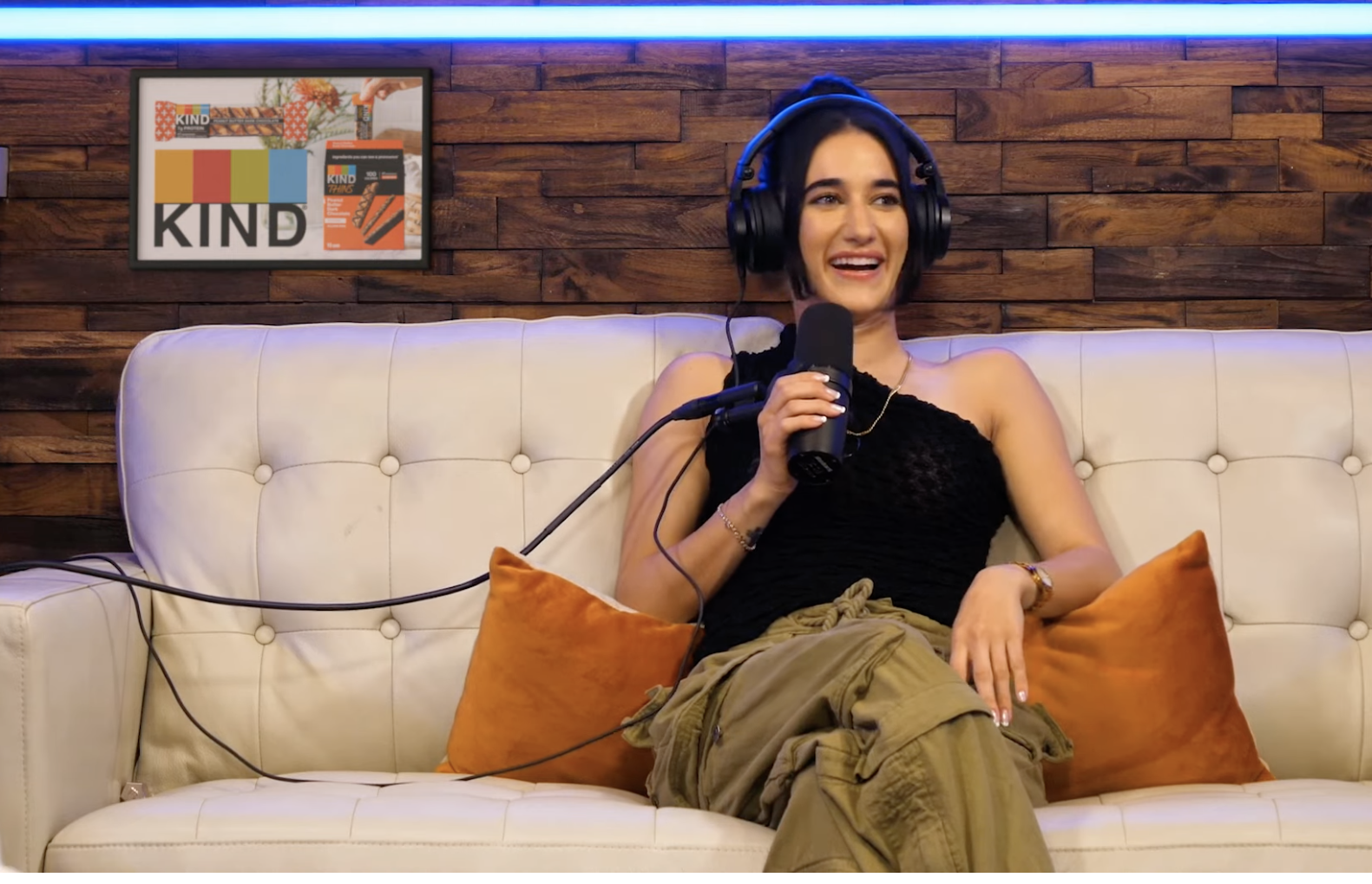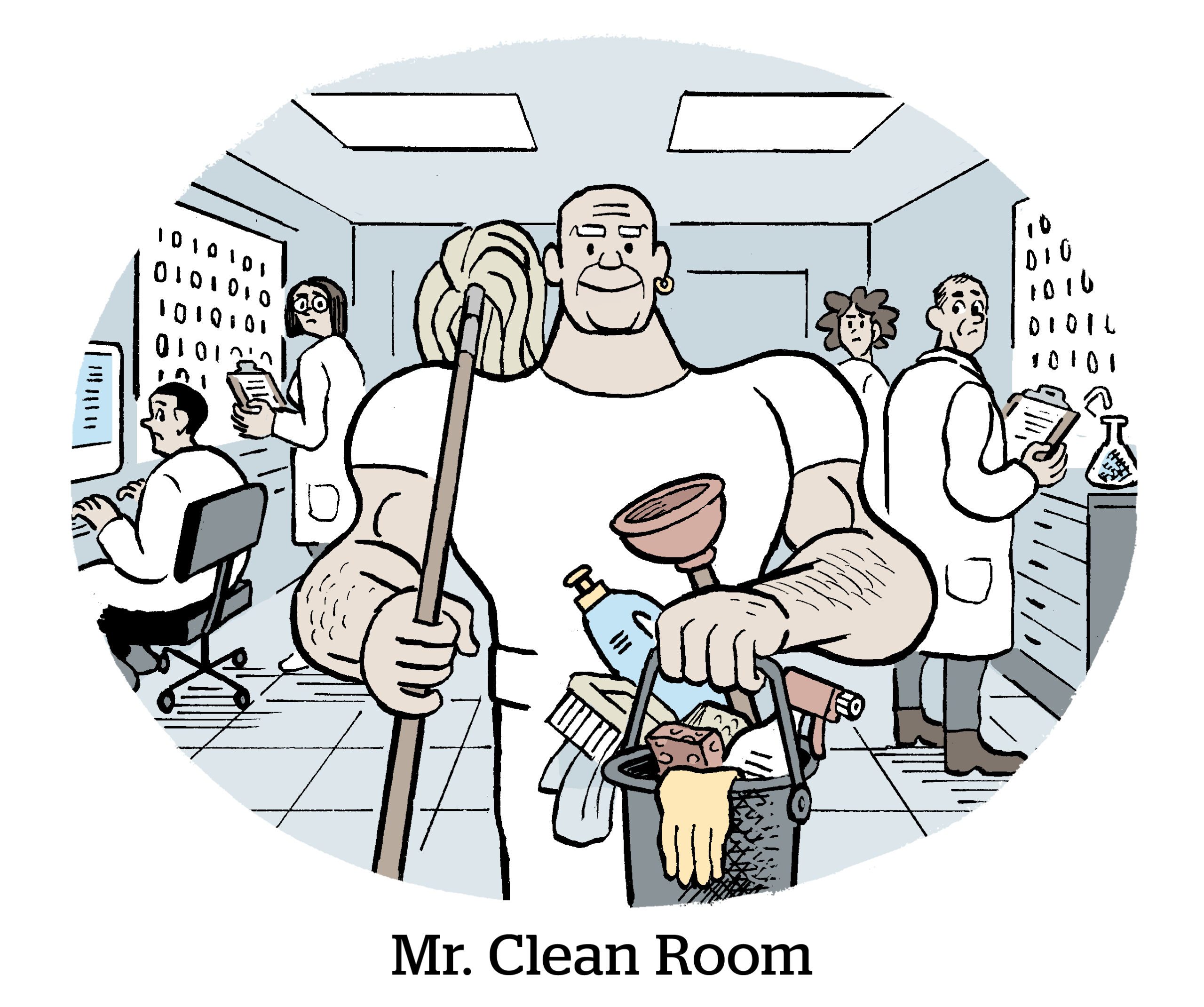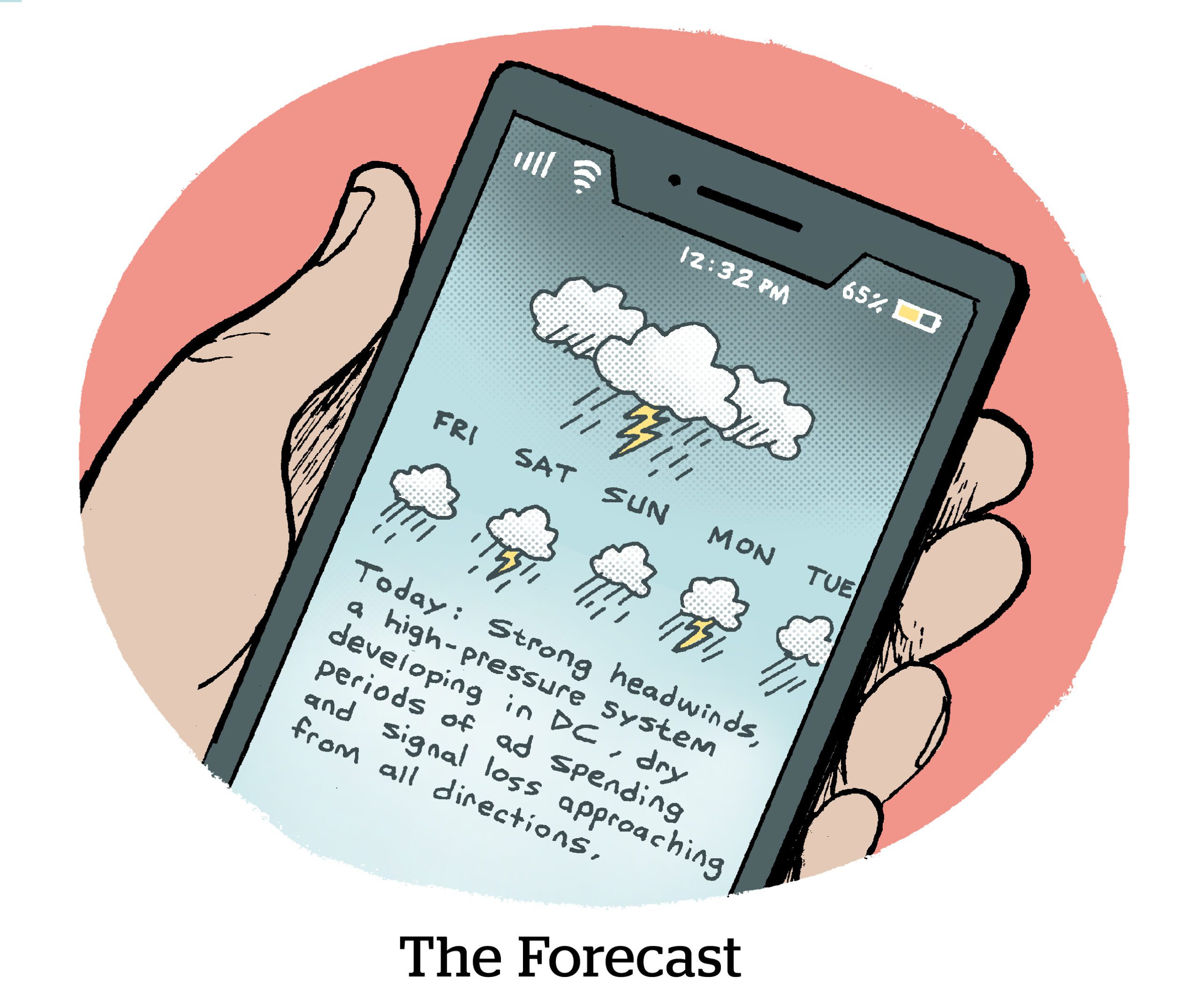Hi, readers. This is AdExchanger Senior Editor James Hercher coming to you from paternity leave through the magic of evergreen content.
This week’s Commerce Roundup may not have a news hook, but it’s timely for anyone launching a consumer brand – or for marketers worried about generative software like ChatGPT eating their lunch.
David Placek, founder and CEO of Lexicon Branding, knows how important the right name is in the new consumer economy. Lexicon specializes in inventing product names, including Dasani, Swiffer, Impossible Burger and Febreze, to name just a few.
A product name plays a part in helping create the brand’s voice or its vibe, if you will.
After only a few minutes of poking around Whole Foods recently, I spotted startup soda brands OLIPOP, Poppi and Culture Pop. And you won’t find Lucky Charms, but General Mills is there with its Cascadian Farms organic cereal brand. Orgain and Califia Farms, two almond milk makers, compete with the nondairy substitute Oatly.
Which is to say, a certain kind of name works in Whole Foods, while others don’t – or can’t? – make an appearance.
AdExchanger: Lexicon has been around for 40 years. What’s changed most about the process of coming up with brand names?
DAVID PLACEK: The main difficulty is clearing trademarks. With the digital economy built on environments like the Apple App Store, names must be unique and clear.
Every business is also immediately global. If a startup in Reno, Nevada doesn’t know its name is a slur in Portuguese, they’ll find out immediately.
For us, addressing these needs has meant investing in software, including Python programming that digested languages, Wikipedia and our own proprietary linguistics and raw material. We can search for something related to a “promise” or for a wrinkle cream in Japan. We can ask for Japanese words associated with “smooth” and “fluid.”
The way you describe that – like digesting the Japanese language and Wikipedia to process a query – feels like a ChatGPT use case.
We’ve played with it and there’s no doubt you can ask ChatGPT to, say, develop a name for a new sailboat that’s fast and sleek, right? It will generate names for you. But at this point they’re fairly awkward.
For that prompt, it would be putting things together to create a name like “Slim Sails.” It wouldn’t give you a name like “Swiffer” or “Sonos.” Not yet, at least. But I anticipate it will get there.
Say you want a name that also sounds “fluid” and “smooth.” Would ChatGPT understand what you mean?
You’re asking the same questions about ChatGPT that we are.
Right now, prompts like that are not getting accurate responses. But ChatGPT can scrape existing knowledge. If you ask ChatGPT to come up with a name for an organic product to be sold at Whole Foods, it can ingest information about Whole Foods, its commitments and the brands it carries.
 Let’s consider a real example: Impossible Burger. Lexicon came up with that name. What was the process?
Let’s consider a real example: Impossible Burger. Lexicon came up with that name. What was the process?
It always starts with a discussion of barriers and what a brand is trying to achieve.
For Impossible, we presented several creative directions and maybe 40 names over a period of six weeks. “Impossible” came from meeting the issue head-on – the issue being the unbelievability of saying this tastes like a beef burger.
They could have gone in a direction of sustainability or even called out the industry of killing cows. But those are not as distinctive. They’d sound like any other brand in Whole Foods that consumers are likely skeptical of.
The edge comes from addressing the skepticism by saying, “We know this seems impossible.”
Is there a difference working with a startup compared to a big brand?
Coca-Cola or P&G are always going to conduct research. We do research for any major company rebrand or product with over $100 million in sales.
But startups are more fast-moving. They prioritize cutting the timeline and they have more confidence in their own judgment.
Any products that ended up in the graveyard but you really liked the name?
We created the name Scion for Toyota – you may remember the vehicle – and I thought it was a great name and a great car. But two years ago they decided to drop the line.
Another one of ours I loved is Zima, which is the Russian word for “snow,” and is an alcoholic beverage created by Coors. Zima is still around, with a cult following in Japan, but it’s fallen off the chart.
If Zima hadn’t already been invented by us and you put it on one of these new sparkling soda drinks – I think it would still be a fantastic name.
This interview has been edited and condensed.






 By
By 